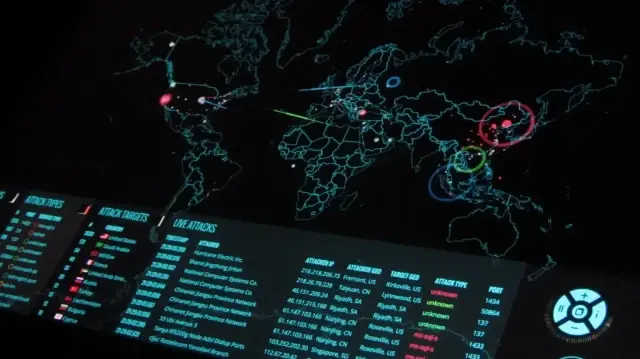Why Türkiye should lead the Muslim world's AI and cybersecurity vision

As artificial intelligence reshapes global power dynamics, the Muslim world faces both unprecedented opportunities and vulnerabilities in cybersecurity. Türkiye's unique position bridging NATO membership and regional leadership makes it ideally suited to coordinate a shared digital vision among Muslim-majority nations.
The rapid advancement of artificial intelligence is fundamentally altering international power structures, creating both significant opportunities and substantial risks for Muslim-majority nations in cybersecurity and digital sovereignty. Türkiye stands at a critical juncture, positioned to lead the development of a coordinated digital vision that balances technological progress with security imperatives across the Islamic world.
Türkiye's Strategic Position and Capabilities
Türkiye's unique geopolitical stance, combining NATO membership with regional autonomy, provides credibility to architect a shared cybersecurity framework. The nation's establishment of a National Cybersecurity Directorate, substantial investments in AI-driven defense systems, and development of domestic encryption and cloud infrastructure demonstrate a strategic transition from digital dependency toward technological self-reliance that could benefit the broader Muslim community.
The Digital Sovereignty Imperative
The concept of digital sovereignty has become increasingly crucial, with most AI systems currently used in Muslim countries relying on Western platforms for training and data hosting. This creates inherent vulnerabilities and external dependencies that compromise true technological independence. Building sovereign AI ecosystems with regional data centers, shared security standards, and open-source models represents an essential step toward securing the Muslim world's digital future against potential exploitation or control through algorithmic means.
Framework for Regional Cyber Cooperation
Through platforms like the Organization of Islamic Cooperation, Türkiye could facilitate a "Cyber Ummah" framework encompassing shared threat intelligence, joint AI defense research, regional certification standards, and talent development programs. Such cooperation would not only enhance collective security but also foster innovation and trust across borders, ensuring the Muslim world enters the AI era as creators and guardians rather than merely consumers of foreign technology.
Reklam yükleniyor...
Reklam yükleniyor...







Comments you share on our site are a valuable resource for other users. Please be respectful of different opinions and other users. Avoid using rude, aggressive, derogatory, or discriminatory language.